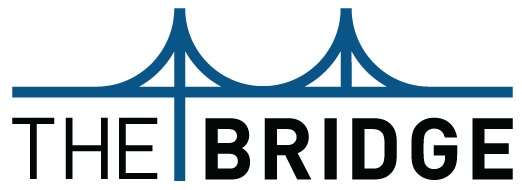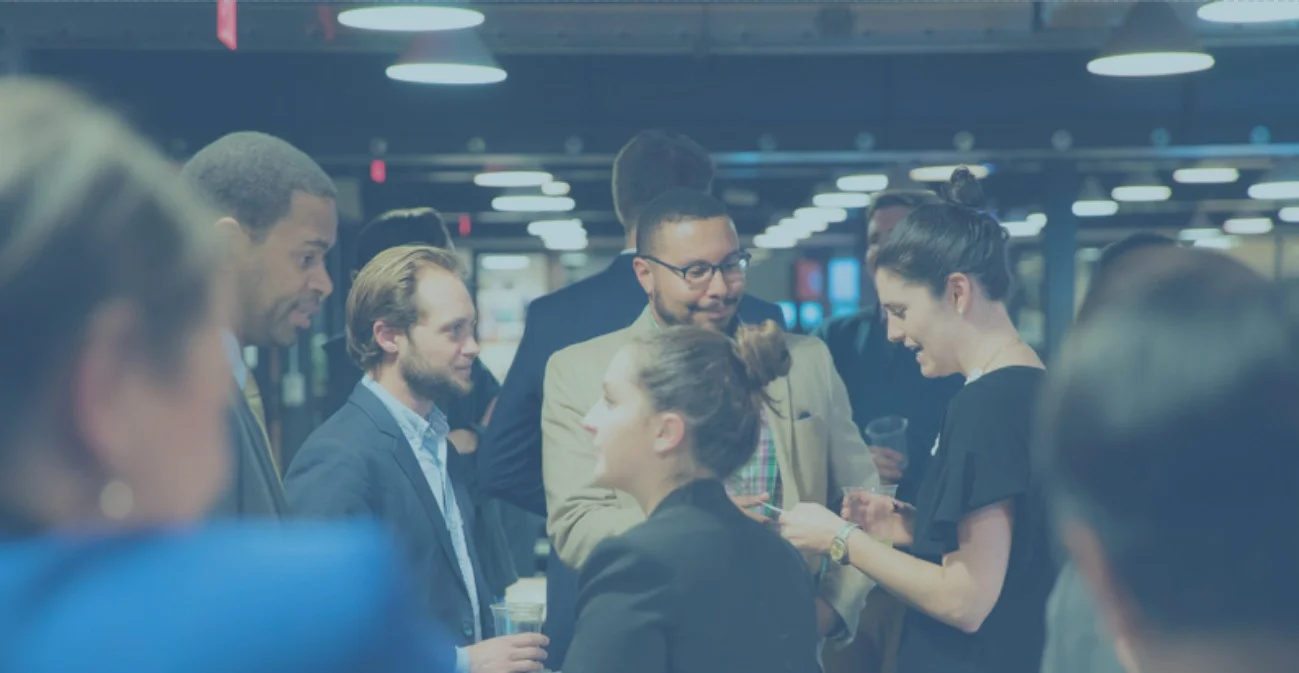TheBridge profile: Nancy Scola
Name: Nancy Scola
Current city: Washington, D.C.
Current job: Journalist
Past job: Senior Tech Reporter, POLITICO
Q. Favorite spot for a coffee meeting? Peregrine at Union Market, and then grabbing one of the tables outside. I like being outside.
Q. Describe how a skill you learned in a previous job helped you in your current job. Back in the day I spent five years working on Capitol Hill, on what was then the Committee on Government Reform, and one big takeaway for me was that problems that look easy to solve generally become a lot tougher when it's your job to, you know, solve them. I've carried that with me into journalism — that if a source insists the answer to some perplexing challenge is obvious, keep digging.
Q. Job advice in three words? Be mindful (enough).
Q. How are you (or your company, org, nonprofit) currently bridging the gap between politics and tech / innovation and regulation? The bulk of my career has been about that gap, and I'm launching something new right into it — an email newsletter called Slow Build that examines the intersection of tech and society with original reporting, analysis, and pointers to stories, podcasts, books, and beyond. I think there's room for more journalism that takes a thoughtful look at what's both frightening and fascinating about tech, all at once. I humbly suggest that if you like TheBridge Update, there's a good chance you'll like Slow Build. You can sign up for it here.
Q. What can innovators learn from policymakers? Policymakers have been trained to think first about who their policies are going to affect and how — if only because they know if they don't, journalists are going to holler at them about it. Innovators often seem to bolt-on consideration of the broader impact of what they build once they're all done. It often feels like we're in the moment when innovators believe intellectually that's no longer best practice, but they still build stuff the same old way.
Q. What can policymakers learn from innovators? There's a faith in human ingenuity that is, I think, underdeveloped in Washington policymakers, including how they think about themselves. You don't need a lot of fingers to count the people in those roles who are oriented towards trying out new ways of doing things. This is a simple example, but discussion of how to redesign Congress to try to ratchet down the partisanship usually begins and ends with members sitting Republican-Democrat-Republican-Democrat at the State of the Union. It might be worth whiteboarding out some other ideas.
Q. Favorite book/podcast/long-form article you recommend? Ah, so many. These are all my favorite things, and so just to narrow it down I'm going to focus on what's on my 'desk' right now. I thought McCay Coppins recent piece in the Atlantic on Mormonism, called "The Most American of Religions," was beautiful, and a demonstration of how marrying critical thinking, compassion, and great writing can produce breathtaking journalism.
And as for books, I'm reading and really enjoying George Packer's "Our Man," about the diplomat Richard Holbrooke. What a life. And you can tell Packer let himself have fun writing it.
I'm a huge podcast fan — Slate's "Political Gabfest," Ezra Klein, Kara Swisher's "Sway" — but I"m going to pick something a bit off-the-wall: "You Need a Budget." It is, thrillingly, based on a piece of software of that same name that's a super empowering, brilliantly designed way of making you the captain of your money. I'm on a mission to convince my fellow journalists to take ownership of their financial destinies. It seems to me the only rational response to a business that is among the most honorable of human endeavors, but also a bit of a mess.
Q. Everyday is probably different, but can you describe a "day in the life" of your job? It's fairly simple. I read a lot, talk to a lot of people, and then try to pour what I've learned into something creative.
Q. Favorite app? I love Libby, which lets me check out e-books from local libraries. I still can't get over what a good idea libraries are.
Q. Embarrassing work moment? I don't know if I want to admit this, but a few years ago I moderated a panel discussion in Toronto where the set was meant to look like a living room. It even had a fireplace, as I remember it. I was feeling myself a bit as it ended because I thought it had gone really well, and so I gave some concluding remarks, flung open the door at the back of this room set, and promptly marched right off the back of the stage. I guess they had not intended anyone to actually use it.
Q. Last time you were completely unplugged? I try to get out in nature a lot, and this winter I hiked up Mount San Jacinto, outside Palm Springs, which took something like ten hours. That part of the world is so pretty, and I wasn't thinking much about my phone.
Q. Morning routine? As I mentioned, I love to read, and so I make it the first thing I do — 20 minutes on my Kindle as soon as I wake up. I don't always have the best recall of what I've read because I'm often half-asleep. But it's amazing what you can get through a little chunk at a time.
We include leaders spotlights in out bi-weekly updates sent to the community. Sign up to stay up to date with events, people, jobs, info in tech, policy and politics:


